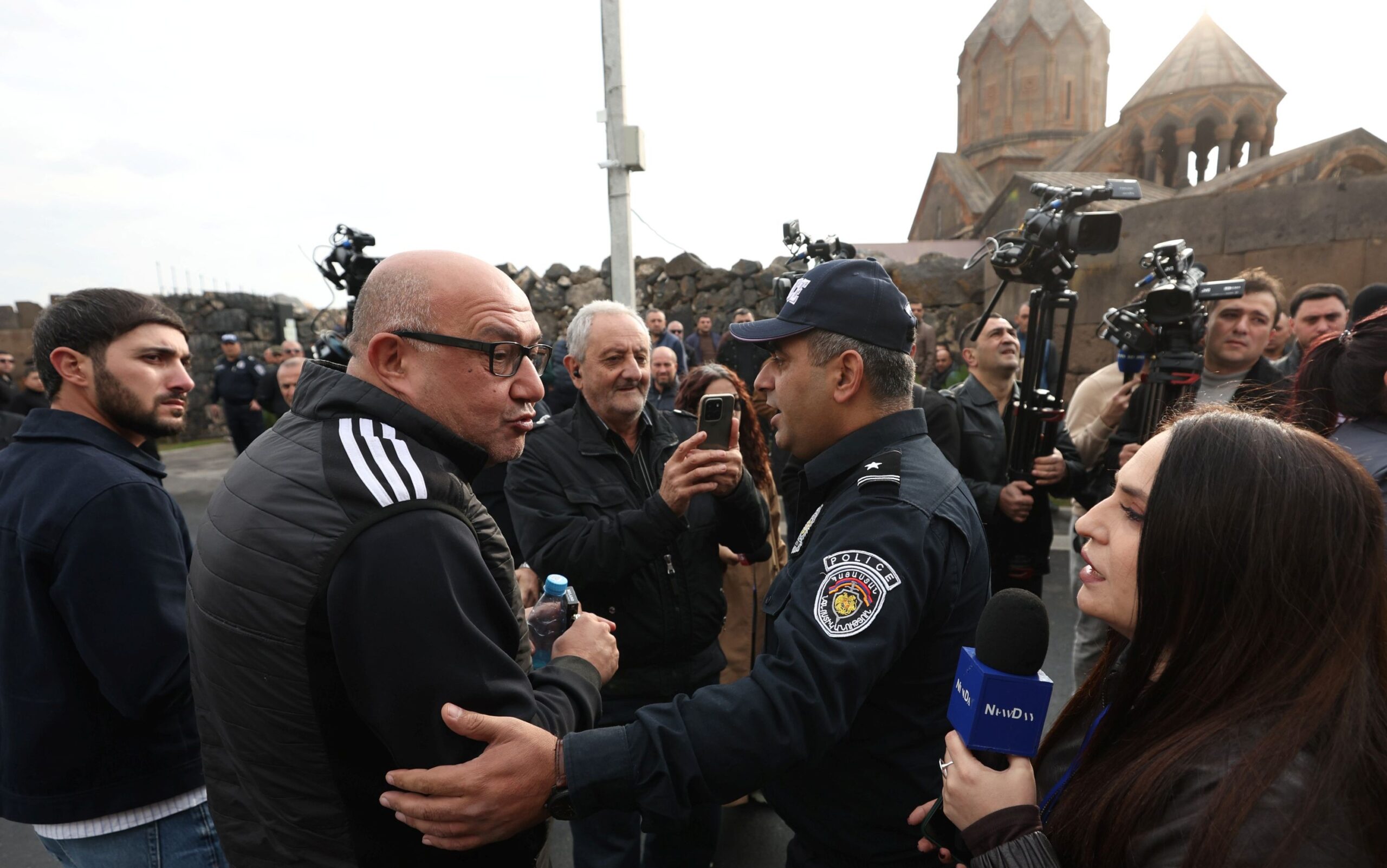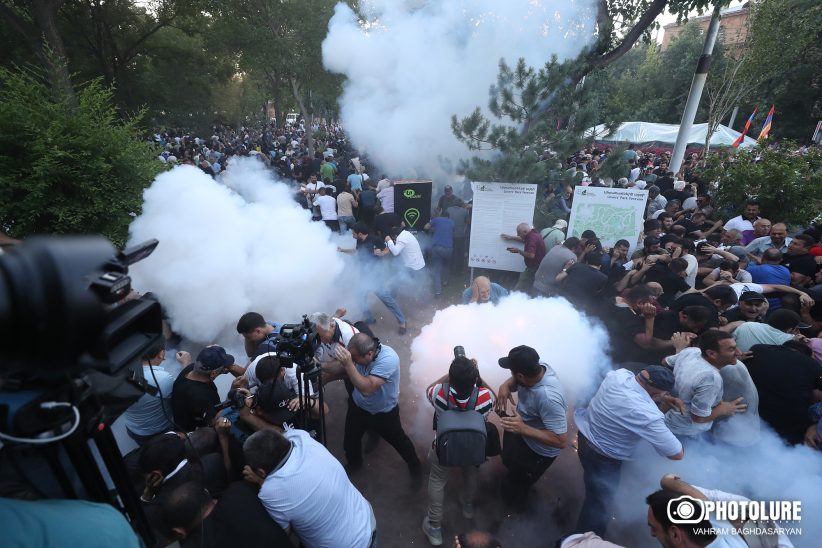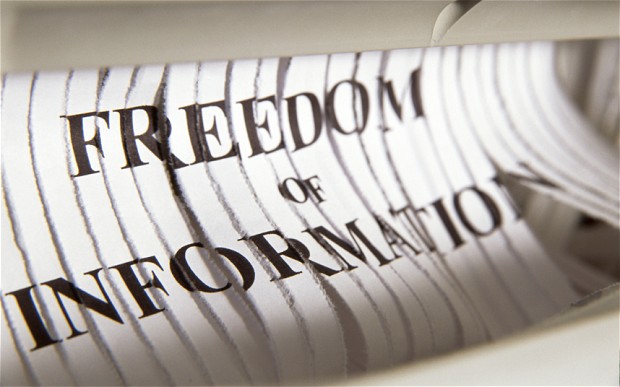During the second quarter of 2025, Armenia’s tense domestic political climate once again demonstrated the extreme polarization within the country’s media—a point constantly emphasized by various international organizations in their reports.
The high-profile arrests of Russia-based businessman Samvel Karapetyan and two senior clerics, Archbishop Bagrat Galstanyan and Archbishop Mikayel Ajapahyan, on grave charges presented by the Investigative Committee—including public calls for violent overthrow of the constitutional order, plotting acts of terrorism, mass unrest, seizure of power, etc.—were accompanied by extremely harsh and often unacceptable rhetoric between opposing political forces. Hate speech, insults, disinformation, and manipulative comments were not only reflected in the media affiliated with or influenced by these forces, but the groups themselves also intensified their use of abusive language.
Such an approach is characteristic of outlets serving the interests of various camps both within the government and opposition. Beyond that, some journalists, having immersed themselves in political confrontation, also share their highly biased posts and other types of content on social media. As a result, impartial reporting is sidelined, leaving a deficit in society.
Although Armenia improved its standing by 9 points over the previous year, ranking 34th out of 180 countries in the World Press Freedom Index published by Reporters Without Borders on May 2, 2025, the report, too, highlights that media continue to remain polarized, and the country “is facing an unprecedented level of disinformation and hate speech.”
During the period under review, in terms of improving the situation in the media sector, and especially within the Armenian segment of social networks, the authorities’ initiative to introduce amendments and supplements to Article 1087.1 of the RA Civil Code and the Law “On Mass Communication” was noteworthy. The initiative concerns the accountability for insult and defamation, proposing that liability be applied not only in cases of such remarks appearing in media publications, but also unacceptable language used in social media posts. Accordingly, the proposed liability is envisaged to extend to both media and individuals not carrying out media activities, namely, social media users. Moreover, in addition to the existing right to publish a refutation or response under current legislative regulations, the initiative proposes introducing a new option that would enable individuals to file a request with the court for a partial or full removal of content (online posts) containing insult and/or defamation. These amendments initiated by the Ministry of Justice are based on the Constitutional Court’s decision No. DCC-1752 issued on October 1, 2024.
Regarding new lawsuits filed against media and journalists under the current legislation, 17 cases were recorded in the period under review, which is 4 more than in the previous quarter. All of these are insult and defamation lawsuits, with the plaintiffs including 6 representatives of the business sector, 4 present and former officials, 2 politicians, 2 healthcare sector representatives, 2 citizens/private individuals, and 1 lawyer.
During the given quarter, the CPFE recorded 2 cases of physical violence against media representatives, both committed by law enforcement officers. Alongside this, 20 cases of various other pressures were registered, taking the form of indecent treatment, insults, threats, intolerance and discrimination against journalists. The overwhelming majority of these, 17 cases, were committed by representatives of state bodies or officials, and one case each involved a businessman, an activist and an unidentified individual.
Compared to the previous quarter, the number of violations of the right to receive and disseminate information increased by 10, reaching 39 cases.








